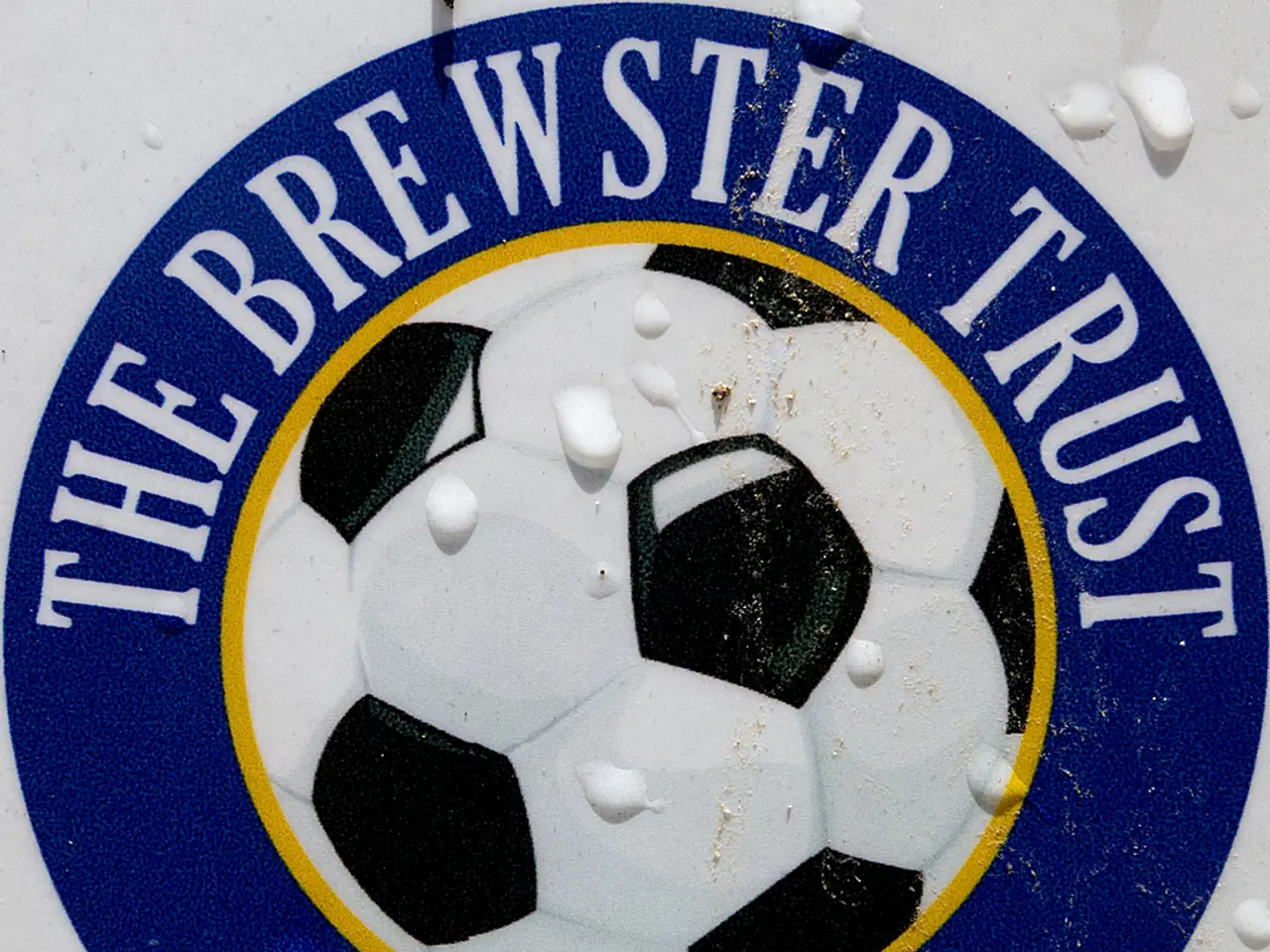Insight: Hidden Wounds of Family Violence and Elderly Mistreatment
Maria, a survivor of years of psychological and physical abuse, found herself in a precarious financial situation due to her abusive husband's actions. He forced her to take out credit cards, a car loan, and a cellphone plan in her name, none of which he paid for. This left Maria struggling to find housing because she could not pass the credit check, and she was drowning in debt with a low credit score, making it difficult to find employment.
Sadly, Maria's story is not unique. Nearly all survivors of domestic violence have experienced economic abuse, and one in two survivors is a victim of coerced debt. In response to this issue, New York is sponsoring legislation (A.3038-A/S.1353-A) to provide survivors of gender-based and domestic violence with a legal remedy to discharge coerced debt.
The bill, which also covers survivors of trafficking, elder, and caretaker abuse, aims to provide a clear legal process for survivors to dispute and discharge coerced debt, while ensuring creditors can collect the debt from the abuser. The legislation has not been passed yet, but advocacy and survivor support groups are urging the New York legislature to act quickly to protect survivors from coerced debt.
Public calls and social media campaigns emphasize the need for the bill's passage, but as of August 2025, it remains pending. Five states - California, Connecticut, Texas, Maine, and Minnesota - have already passed similar laws, and in 2024, the Consumer Financial Protection Bureau announced a rulemaking to address coerced debt for survivors across the country. However, the Trump administration has halted this work and rescinded 67 pieces of guidance issued by the CFPB that protect consumers from predatory practices.
Survivors of gender-based violence, sex and labor trafficking, elder and caretaker abuse carry an average of $15,000 of debt that was coerced through fraud, intimidation, lies, threats, or actual harm. It is crucial that New York State act to protect some of the most marginalized consumers - survivors of gender-based and domestic violence and trafficking, elder, and caretaker abuse - from this financial burden.
If she asked questions, her abusive husband threatened her and her dog. Without adequate remedy in federal or state law, innocent survivors of violence are left holding the financial burden of their abuse. The coerced debt bill must be passed now to prevent survivors from paying for their abuse.
- The coerced debt bill, under consideration in New York, aims to offer a legal process for survivors of gender-based violence, labor trafficking, elder and caretaker abuse, and domestic violence to dispute and discharge the debt incurred through coercion, while ensuring creditors can recover the debt from the abuser, rather than the victim.
- Advocates and support groups are urging the New York legislature to pass the coerced debt bill swiftly, as the bill could provide much-needed relief for survivors who are struggling with housing and employment due to the financial burden of coerced debt, a problem that is prevalent not only in New York but also across the nation.








